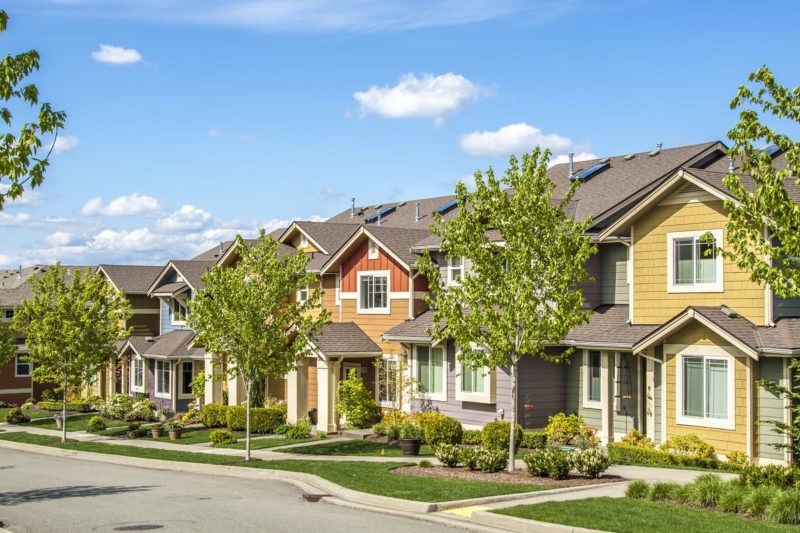Confidence among U.S. single-family home builders fell for a record 12th straight month in December as even a scramble to offer incentives for prospective buyers failed to boost traffic and lift sales in today's high-inflation, high-interest rate environment.
Kicking off a week of key reports on the health of the foundering U.S. housing market, the National Association of Home Builders on Monday said its NAHB/Wells Fargo Housing Market Index dropped two points to 31 this month, falling short of the median estimate of 34 among economists in a Reuters poll. A reading above 50 indicates that more builders view conditions as good rather than poor.
With the exception of the short-lived plunge during the spring of 2020 when the country locked down during the first wave of COVID-19, December's reading marked the lowest since June 2012. Moreover, the unbroken string of declines since last December is the longest in a series that dates to the mid-1980s.
The housing market has seen the most pronounced effects so far of the aggressive Federal Reserve interest rate hikes that are aimed at quashing inflation that continues to hold at unacceptably high levels. Interest rates on the most popular type of U.S. home loan topped 7% - the highest since 2001 - in October, and sales of new and existing homes tumbled by more than 30% from January through October.
Since March, the U.S. central bank has lifted its benchmark policy rate from near zero to a range of 4.25%-4.50%. It indicated at its policy meeting last week that rate hikes will continue into next year until it is fully confident that inflation is declining from the four-decade highs touched in mid-2022 back toward its targeted level of 2% at an annual rate.
NAHB said nearly two-thirds of builders were offering incentives, including mortgage rate buydowns, paying points for buyers and price reductions. While the percentage actually cutting prices outright dipped marginally to 35%, the average discount offered rose to 8% from between 5% and 6% earlier in the year.
There were, however, some indications the decline in builder confidence is nearing a bottom, as the gauge of sales expectations over the next six months rose four points to 35.
"The silver lining in this HMI report is that it is the smallest drop in the index in the past six months, indicating that we are possibly nearing the bottom of the cycle for builder sentiment," said Robert Dietz, NAHB's chief economist. "Mortgage rates are down from above 7% in recent weeks to about 6.3% today, and for the first time since April, builders registered an increase in future sales expectations."
Outside economists also see prospects for sales declines leveling out, in part due to builder incentives and the recent drop in mortgage rates.
"The cuts in prices and other incentives will help offset the erosion in homebuying affordability and should help to keep some floor under new home sales," Matthew Martin, U.S. economist at Oxford Economics wrote. "The latest decline in mortgage rates – if it sticks – will also improve affordability at the margin."
Meanwhile, the NAHB survey's measure of current sales conditions dropped three points to 36. The component measuring traffic of prospective buyers was unchanged at 20.
More key housing market data is due this week, all of it expected to show continued weakness across the sector.
On Tuesday the government will publish the November figures for the number of new homes starting construction and volumes of permits being issued for new home building projects, both of which have declined sharply this year.
"The reading far below 50 for the HMI points to ongoing weakness in single-family housing starts," Oxford's Martin said.
Both starts and permits are estimated to have fallen further last month.
On Wednesday the National Association of Realtors (NAR) will report on existing home sales for last month, with the sales rate expected to be at its lowest, outside of the pandemic drop, since 2011. The NAR projected last week that sales would keep dropping into next year.
Lastly, on Friday the government will report new home sales for November. They are also predicted to have fallen.
Source: reuters.com













